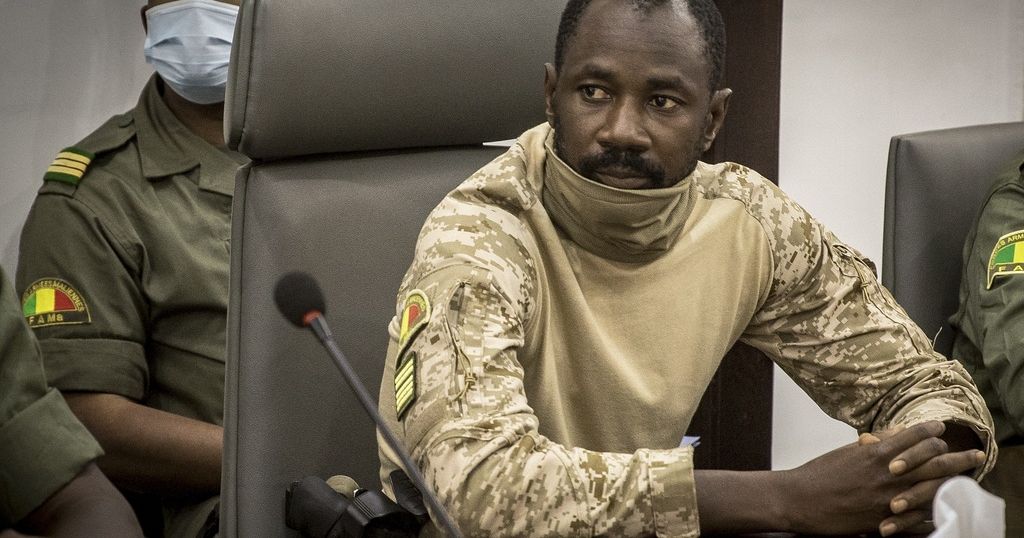In a move that has sparked concerns about the future of democracy in Mali, the head of the country’s military junta, Colonel Assimi Goita, has promoted himself to the rank of army general. The promotion, which was announced by the Council of Ministers, comes with a special title: Colonel Assimi Goita of the land army, a distinction previously held by only two former heads of state in Mali’s history.
This latest development has raised eyebrows among observers, who see it as a clear indication that Goita has no intention of ceding power to civilians anytime soon. The promotion also follows a pattern of self-appointment among the military junta leaders, further entrenching their grip on power. Five other influential colonels were also promoted to the rank of four-star generals, a move that has been described as “exceptional.”
According to Rida Lyammouri, senior fellow at the Policy Center for the New South, a Morocco-based think tank, this latest move is a clear sign that the junta leaders are determined to hold onto power. “This is another indication that junta leaders will continue to position themselves as the only rulers, and have no intention of having a democratic transition into civilian rule anytime soon,” Lyammouri said.
The lack of a clear timeline for Mali’s presidential election has only added to the uncertainty surrounding the country’s future. Despite international pressure to return to civilian rule, the military junta has shown little willingness to relinquish power. With this latest promotion, it appears that Goita is consolidating his position and preparing for a long-term stay in power.
The implications of this development are far-reaching, both for Mali and the wider West African region. As the international community watches with growing concern, one thing is clear: the prospects for a democratic transition in Mali appear increasingly remote.
